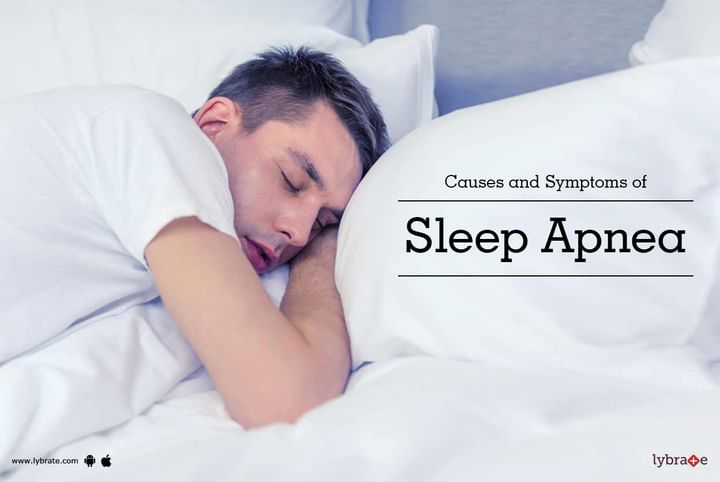Causes and Symptoms of Sleep Apnea
Sleep apnea is a sleeping disorder in which you experience frequent breathing pauses while sleeping. In case of some, the pauses may last for just a few seconds, while for others, it may continue for a few minutes. Sleep apnea is generally chronic in nature. There are three types of sleep apnea, namely Central, Obstructive and Complex sleep apnea. Central sleep apnea occurs if the brain fails to transmit signals to the muscles responsible for your breathing functions. Obstructive sleep apnea occurs due to relaxation of your throat muscles. Complex sleep apnea refers to a combined condition of both central and obstructive sleep apnea.
Some of the possible causes of sleep apnea are as follows:
- Blockage of airway during sleep can cause sleep apnea
- Putting on weight can cause obstructive sleep apnea
- In some cases, large tonsil tissues can lead to obstructive sleep apnea in small children
- Intake of certain medicines like Oxycontin or MS Contin can cause central sleep apnea
- Male people are more prone to sleep apnea
- Smoking is also a potent trigger for sleep apnea
- At times, high blood pressure can induce sleep apnea
- Suffering from sinus can also lead to sleep apnea
- Large neck size (more than 16 inches) may cause sleep apnea
In case of some people, sleep apnea might be an inherited condition.
The most common symptoms of sleep apnea are mentioned below:
- Sometimes, obstructive sleep apnea is accompanied by choking or snorting sounds.
- You may encounter breathing trouble while sleeping, leading to a disruption of your sleep.
- Maximum times, sleep apnea is accompanied by snoring.
- Sleep apnea leads to a dry mouth, which can disturb your sleep.
- You may feel dizzy during daytime. If you wish to discuss about any specific problem, you can consult an Ent specialist.



+1.svg)
